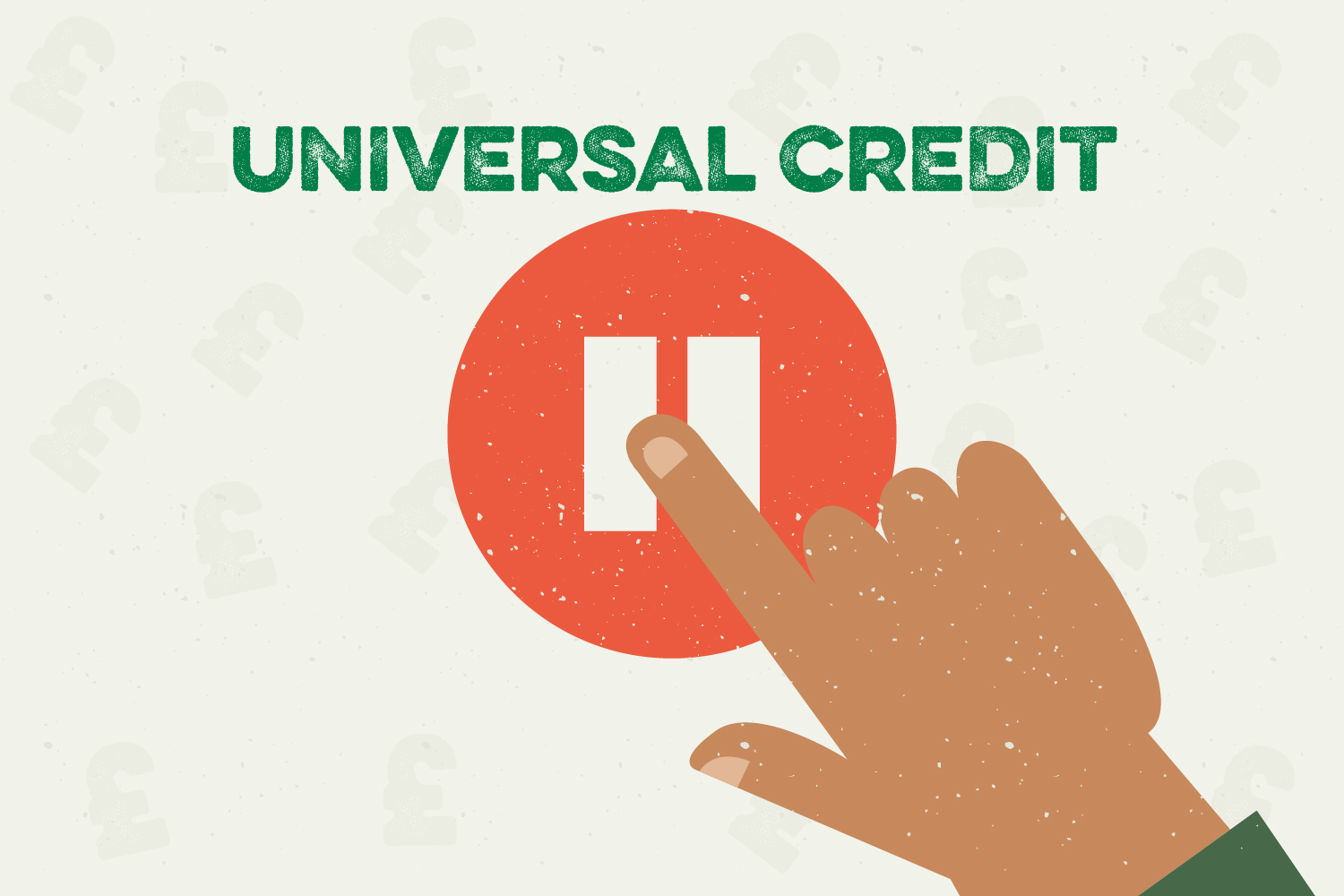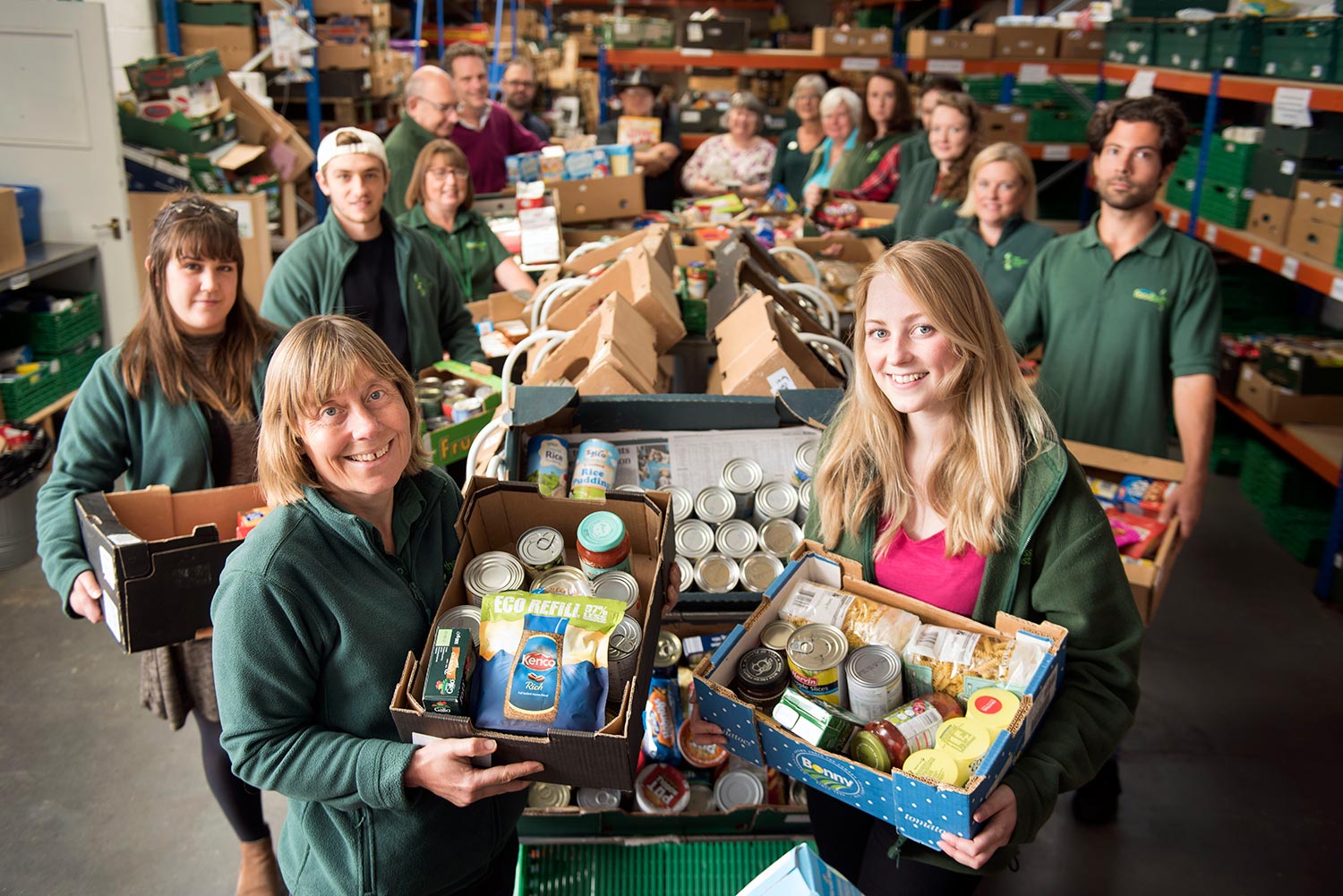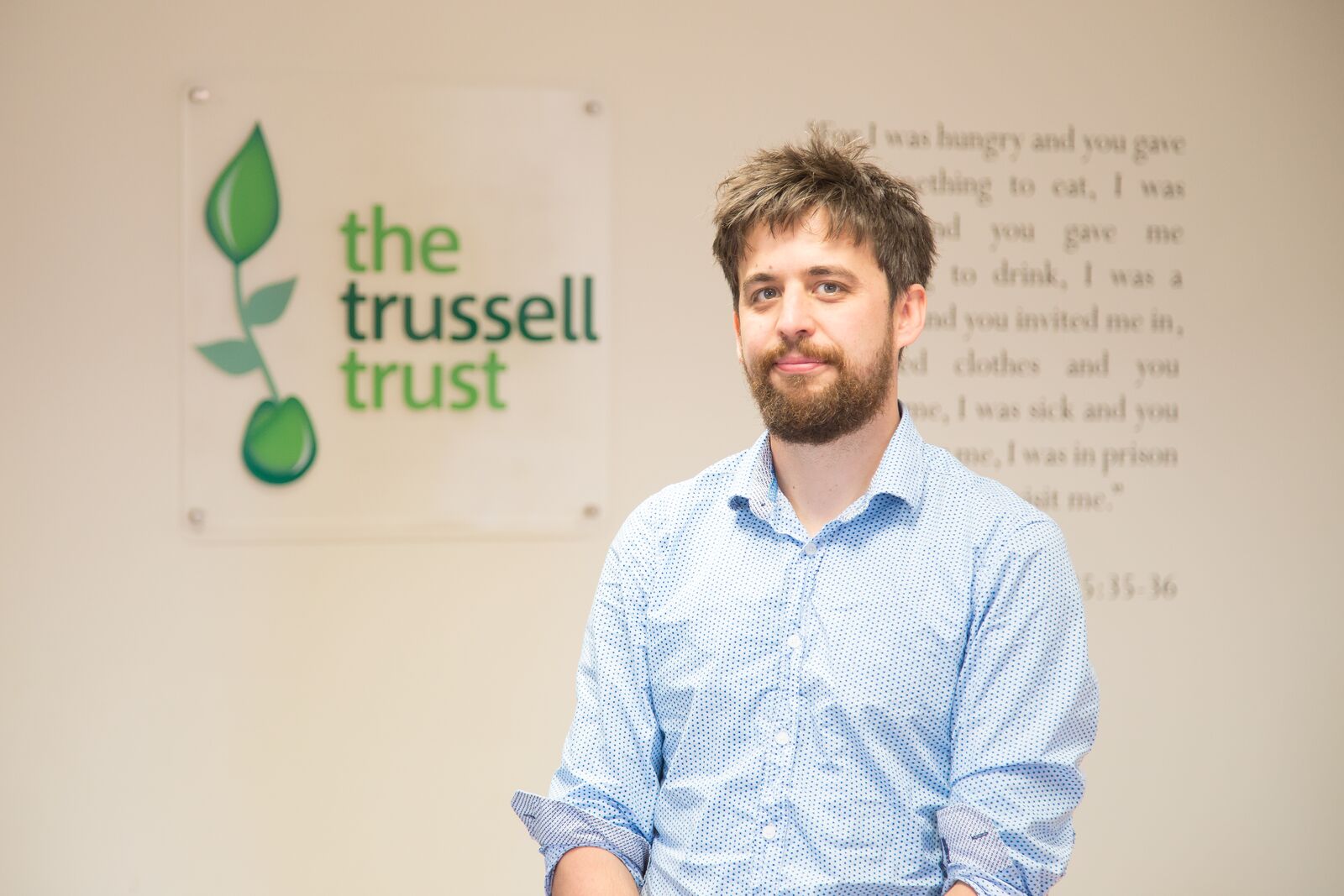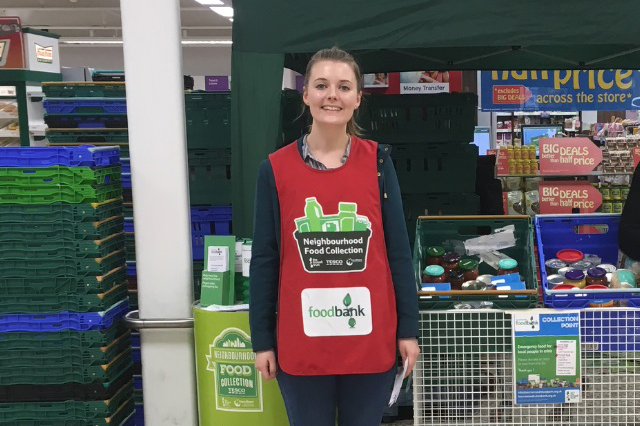People referred to foodbanks face extreme financial insecurity and are struggling with rising food and housing costs, research by the University of Oxford has revealed. The research also finds that half of households referred to foodbanks include a disabled person, while mental health problems affect people in 1 in 3 households.
Commissioned by The Trussell Trust, which runs a network of over 420 foodbanks in the UK, this is the single biggest nationwide study on foodbank use to date. Involving more than 400 households referred to foodbanks, the data collected on demographics, income levels, living conditions, health, and food insecurity provides unparalleled new detail about both the circumstances of people referred to foodbanks and the key drivers of foodbank use.
Key findings on the circumstances of people referred to foodbanks
- Financial and food insecurity: Almost half of households reported their incomes were unsteady from week-to-week and month-to-month. 78% are severely food insecure (meaning they had skipped meals and gone without eating – sometimes for days at a time – in the past 12 months), while over half could not afford heating or toiletries
- Price rises: 3 in 5 households had recently experienced rising or unexpected expenses, with 25% of these saying higher food expenses were to blame, confirming the impact of food inflation on squeezed budgets
- Housing: 28% of those who had experienced rising expenses said this was due to housing costs, such as rent or energy, going up. Tenants in private housing were more likely to find it difficult to keep up with rents than socially rented properties
- Disability and mental health: Over 50% of households included a disabled person, consistent with the definition used in national surveys. 75% experienced ill health in their household. Mental health conditions affected people in 1/3 of households
- Debt: 1 in 3 households were finding it difficult to make minimum monthly repayments on outstanding loans, and nearly 1 in 5 in debt owed money to payday lenders
The report found people were experiencing multiple forms of destitution. 50% had gone without heating for more than four days in the past 12 months, 50% couldn’t afford toiletries, and 1 in 5 had slept rough in the last 12 months. Over 78% of households were severely, and often chronically, food insecure.
Key findings on drivers of foodbank use
Almost all households had experienced a drop in income in the past three months, unsteady incomes, or an unexpected expense or rise in expenses in the past three months.
- Benefit delays: Nearly 2 in 5 people were awaiting a benefit payment, with most of these waiting up to 6 weeks, though a fifth were waiting 7 weeks or more. A third of delays were for Employment Support Allowance payments, with people assessed as capable of taking steps to move into work in the future particularly at risk of needing a foodbank
- Income shocks: 2 in 3 people had been hit by a recent ‘income shock’, with most experiencing sharp rises in housing costs or food expenses
- Low income: The average income of households in the month before being referred to a foodbank was reported at around £320, with 20% of households still needing to pay housing costs. This falls well below low income thresholds, before and after housing costs, and is a fraction of the national average. 16% had no income at all in the last month
David McAuley, Chief Executive of The Trussell Trust, said today:
“Last year, Trussell Trust foodbank volunteers provided 1.2 million emergency food supplies to people in crisis. This pioneering research confirms to us what those volunteers have been telling us: Every day they are meeting people trying to cope with low, insecure incomes and rising prices that mean even the smallest unexpected expense can leave them destitute and hungry – be that an unexpected bill, bereavement or the loss of income caused by benefit delay. Particularly concerning are the very high numbers of disabled people or people with mental health problems needing foodbanks.
“These findings reaffirm how vital the work of foodbanks and generosity of donors is, but are also a clear challenge to the new Government to do more to stop people ending up in crisis in the first place. In particular, we call for a renewed commitment to halving the disability employment gap through a Work, Disability, and Health Bill, and for this commitment to include a review into the financial support provided for people who are in the ‘work-related activity group’, on Employment Support Allowance. Making work more secure and tackling the high cost of living would also have a significant impact on the lives of people in extreme poverty. I look forward to working with the new Government to start tackling these issues together.”
Dr Rachel Loopstra, the lead author of the report, Lecturer in Nutrition at King’s College London, and Associate Member of the Department of Sociology, University of Oxford, said today:
“The stories emerging from food banks across the country have surprised and shocked many people but until now, we have not been able to put them in a numerical context. Our survey data show how people using food banks are unable to ensure they always have enough food to eat because their incomes are too low and too insecure. We observed how commonly income or expenditure shocks, whether arising from a delay in receiving a benefit payment, from a benefit sanction, or from rising energy costs, tipped households into food bank use. But these shocks, and resulting food bank usage, occur among people who live with extremely low incomes and chronic food insecurity, where meeting basic needs is an ongoing struggle. The severity and chronicity of food insecurity and other forms of destitution we observed amongst people using food banks are serious public health concerns.”
The report emphasises a need for intervention to help reduce extreme poverty and foodbank use:
- An inquiry into adequacy of benefits and support for disabled people or people with long-term health conditions that make getting into work, or staying in work, difficult or impossible, as well as continued commitment to reviewing the appropriateness of Work Capability Assessments, would be invaluable.
- Delays in benefit payments must be addressed with urgency, with more support provided for people affected, with a view to indexing benefits to the cost of living.
- Insecure employment must be addressed in order to make sure work pays and reduce the financial vulnerability of people in insecure or low-paid work.
- An evaluation of the impact of conditionality, particularly as Universal Credit extends sanctioning to people in work.
The full report is available here.
ENDS
Contact The Trussell Trust Press Office at 020 3137 3699 or [email protected]
Abby Jitendra, [email protected] or Emma Thorogood, [email protected]
Notes
This report was a collaborative project between researchers at the University of Oxford, King’s College London, and The Trussell Trust Foodbank Network. It was jointly funded by the ESRC Impact Acceleration Account at the University of Oxford and the Trussell Trust. The research was designed and facilitated by Rachel Loopstra and Doireann Lalor, with support from Trussell Trust staff. A random sample of foodbanks from England, Scotland and Wales was selected to be invited to participate in the study. This report is based on data from the first 18 participating foodbanks, which were trained to implement and facilitate data collection in their own distribution sites. Over 4-week data collection periods, food banks recruited a significant total sample of 413 households. This reflected a response rate of 71% of eligible households asked to participate.
The Trussell Trust:
- The Trussell Trust is an anti-poverty charity that runs a network of over 420 foodbanks across the UK.
- Trussell Trust foodbanks provide three days’ nutritionally balanced food and support to people in crisis in the UK, and many foodbanks offer free additional services, like money advice and budget cookery courses as part of the charity’s ‘More Than Food’ approach, to build resilience and help prevent people needing referral to a foodbank again. Foodbank volunteers are also trained to signpost people to other agencies and services able to help resolve the underlying cause of the crisis.
- Everyone who comes to a Trussell Trust foodbank is referred by a professional such as a social worker, health visitor or schools liaison officer. Over 30,000 frontline professionals refer people to Trussell Trust foodbanks, and 50 percent are statutory agencies.
- Over 90 percent of food given out by Trussell Trust foodbanks is donated by the public. In 2016-17, 11,175 tonnes of food were given to people in crisis.
The Trussell Trust is a charity motivated by Christian principles. For more on The Trussell Trust visit www.trusselltrust.org
Read more








